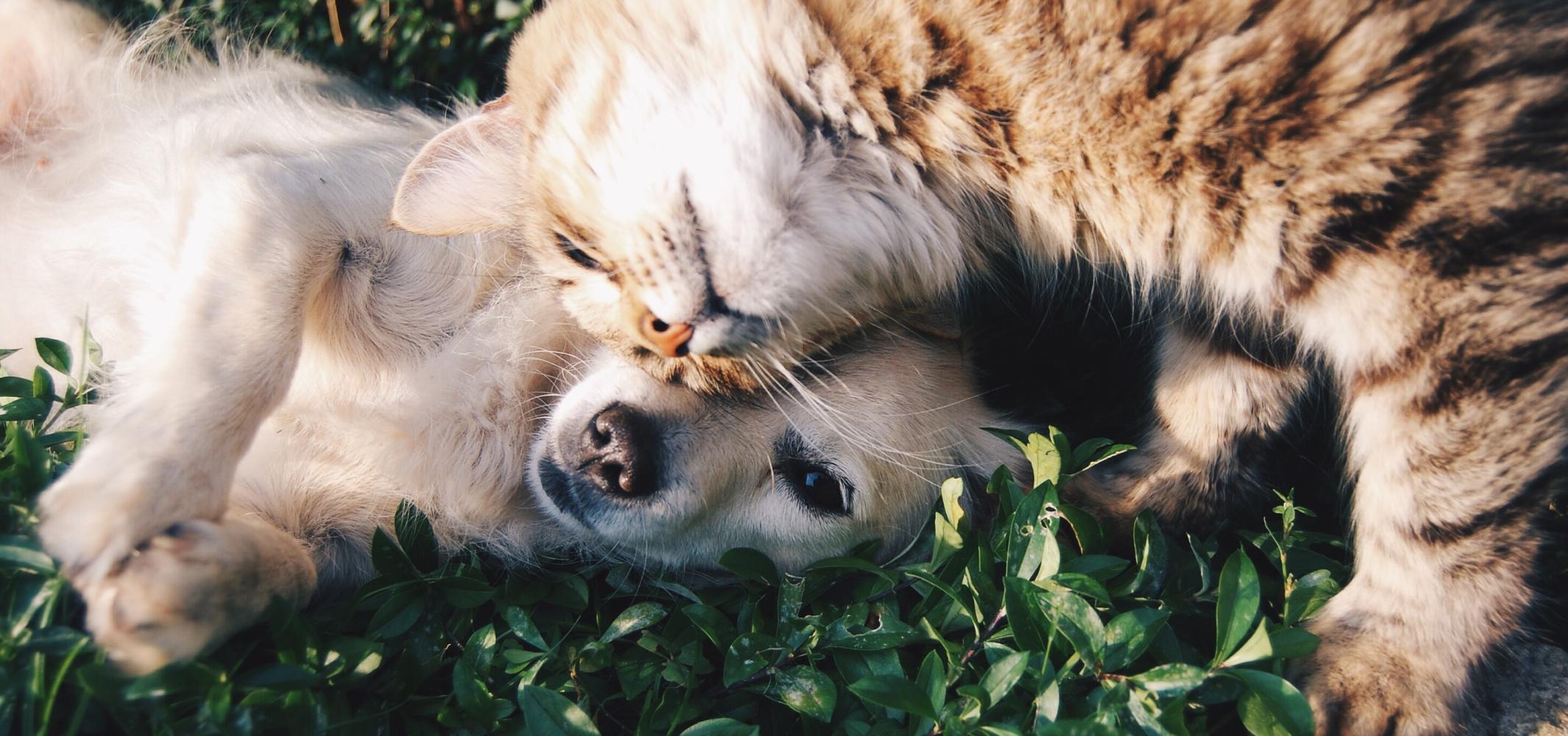Although animals are an integral part of our daily lives, we need to consider the implications that surround taking care of pets after we have gone. Despite what many owners think, the law treats pets as property – an owned possession similar to a house, car, furniture or any other assets. As such, in law, there is no provision to leave a bequest to a pet as part of your Will.
What do I need to consider?
As an owned possession, an animal can be bequeathed just like any other property or money. In this instance, it would be natural for the Testator of the Will to ensure that the animal is looked after for the rest of their lives. There are several factors to consider including the future ownership of the animal and any financial provisions made for long-term care. When writing a Will, it is important to include specific stipulations that ensure that provisions are made for your pet – specifically long-term care and future ownership.
Who will take care of the animal?
In most cases, owners would like to ensure their beloved pet is taken care of by a relative or friend. This would usually tie into current beneficiaries within the Will, and in this instance, the animal will most likely be comfortable in the company of the relative or friend. The Testator will have peace of mind knowing that the animal will be looked after and taken care of by a close and trusted person.
One of the main considerations is ensuring the family member or friend is happy to take the animal after your passing. A simple option is to leave the animal as a gift; however, the beneficiary may decide that they can’t take on the responsibility for the animal or its long-term welfare. When making a Will, it is imperative to discuss your plans with the beneficiary to ensure that both parties agree. Although it is easy to agree in a hypothetical situation, over time circumstances may change. When faced with an ageing cat or a dog the size of a small car, at the time of execution, the beneficiary may decide that they can no longer commit to the animal’s long-term care and welfare. In this instance, it is important to consider an alternative beneficiary as part of the Will.
If the owner has no close relatives or friends who would be happy to take the pet, another option is to consider placing the animal with a charity. This would be the last resort for many pet owners as there is a large element of doubt as to where the animal may end up – will it be cared for and looked after? Will the charity find a new home?
Luckily, several animal charities promise to look after and find a new home for your pet once you have passed. One example is the RSPCA which offers a Home for Life for animals bequeathed to them in a Will. Likewise, Dogs Trust is another charity that also offers a Canine Care Card which guarantees care and re-homing of your dog after you pass away.
It is also possible to leave the decision entirely to the Executor of the Will, and as part of this, incorporate an Expression of Wishes. This allows the Testator to be able to add their wish as to where the animal is re-homed and the expected level of care. This route also allows changes to be made easily in the future, without the need to rewrite or alter the original Will.
What financial considerations need to be put in place?
Everyone who owns a pet knows that they can be expensive to look after. Whether its food, vet care bills or other associated costs, the pennies can soon add up. In this instance, a Testator can leave a financial provision for the pet as part of their Will. As mentioned earlier, a pet is considered property, so a Testator is unable to leave money directly to an animal. There are, however, several routes in ensuring that a pet will have enough financial security in place for the rest of its natural life.
The most obvious and simple solution is to leave money directly to the beneficiary of the pet. In most cases, this would be the usual route, as the beneficiary will most likely be a close friend or family member who will also be part of the Will. In some instances, this may not put the Testator’s mind at ease, as there is always the possibility that the money bequeathed will not be spent on the living costs of the animal.
There are two options available to the Testator. The first option includes setting up a discretionary trust – meaning that the beneficiary of the animal is provided funds at specific time intervals as opposed to one lump sum. This may provide peace of mind to the Testator as there would be more stringent checks in place before funds are released – and if the executor has reason to believe that the Estate's wishes are not being carried out, they can withhold the funds.
The second option is to set up a “trust of imperfect obligation” when making the Will. This type of trust can be created when there are no human beneficiaries but is needed for a public purpose. It can be split into three categories, and in this instance, this type of trust can benefit a specific animal. A nominal amount of capital can be paid in, and then further sums can be bequeathed from the Will.
This type of trust has a maximum duration period of 21 years, and in most cases, this should be more than suitable to cover the natural life of an animal.
In summary, there are several considerations and options to ensure your pet is well looked after once you’re gone. The best course of action is to prepare early by ensuring all bases are covered and your Will is up-to-date. If you would like to discuss any matter related to Wills, our expert Team is on hand to offer advice, guidance and will preparation. Get In Touch and we’ll call you back, or contact us on 0191 500 9337.






